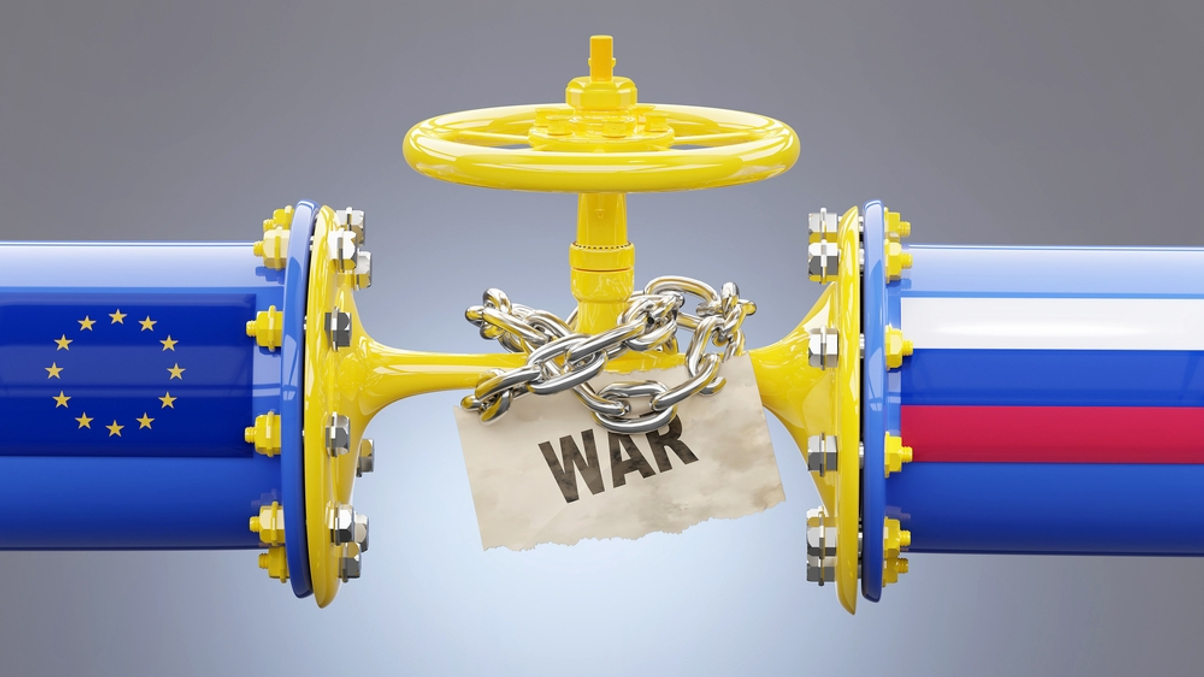Market Views: How is the Russia/Ukraine crisis affecting the energy transition?
As Russia’s invasion of Ukraine continues to disrupt the world’s energy supply, including the cost of doing so, institutional investors are now assessing to what degree the war will complicate the global transition away from fossil fuel-based energy.

Only months prior to Russia’s invasion of Ukraine, global leaders met at the COP26 Climate Summit in the Scottish city of Glasgow and pledged to step up their efforts in tackling climate change with environmental policies that could achieve a green, low-carbon future.
Sign in to read on!
Registered users get 2 free articles in 30 days.
Subscribers have full unlimited access to AsianInvestor
Not signed up? New users get 2 free articles per month, plus a 7-day unlimited free trial.
¬ Haymarket Media Limited. All rights reserved.


